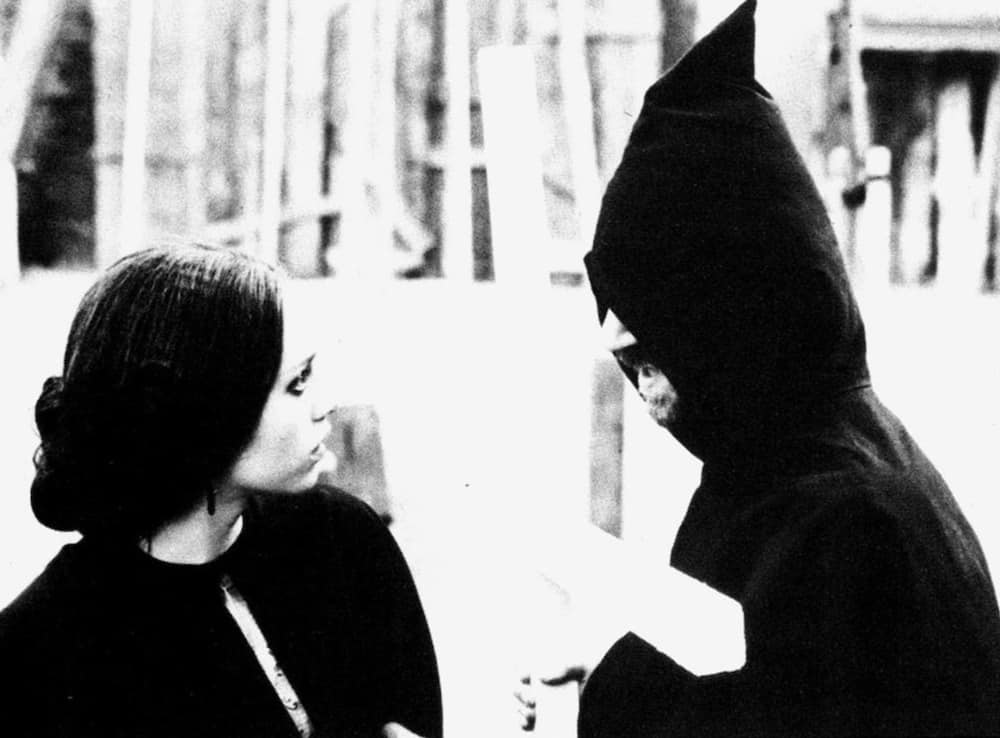Werner Herzog has the mind of a mystic and the soul of an eternal dreamer. In this 1985 High Times article by Robert Seidenberg, Germany’s leading avant-garde director talks about the noble loner, the destruction wrought by Western civilization and why “films are more important than life.”
They were ready to play ball. The sides were picked—cast and crew of Wim Wenders’ Paris, Texas versus cast and crew of Jim Jarmusch’s Stranger Than Paradise. This game of softball at last fall’s Telluride Film Festival in Colorado would prove to be one of the festival’s fiercest competitions. To ensure a fair contest, Werner Herzog was asked to umpire. But Herzog—who, with Wenders and the late Rainer Werner Fassbinder, is West Germany’s most talented and best-known contemporary filmmaker—declined the invitation.
The 42-year-old director is an avid sports fan and agile athlete, but he confessed to an ignorance of the game’s rules. It was obvious, he said, that softball pits one person—the batter—against the opponent’s entire team. Consequently, and regardless of the rules, Herzog would have to side with the one. He could not officiate fairly.
Scruffy with 10 days’ beard growth, his rumpled hair standing on end, Herzog chuckled as he recounted this tale during a whirlwind promotional tour for his most recent film, Where the Green Ants Dream. But when I suggested that this anecdote provided the perfect taking-off point for a discussion of his work, he turned very serious and his deep-set melancholy eyes took on the expected intensity of a man who once claimed to have no understanding of irony.
Many of Herzog’s films—which total 14 features and 14 documentaries—concern an individual or group in conflict with a more powerful other. Invariably, the director sides with the underdog. …
Read More
Author: High Times / High Times






